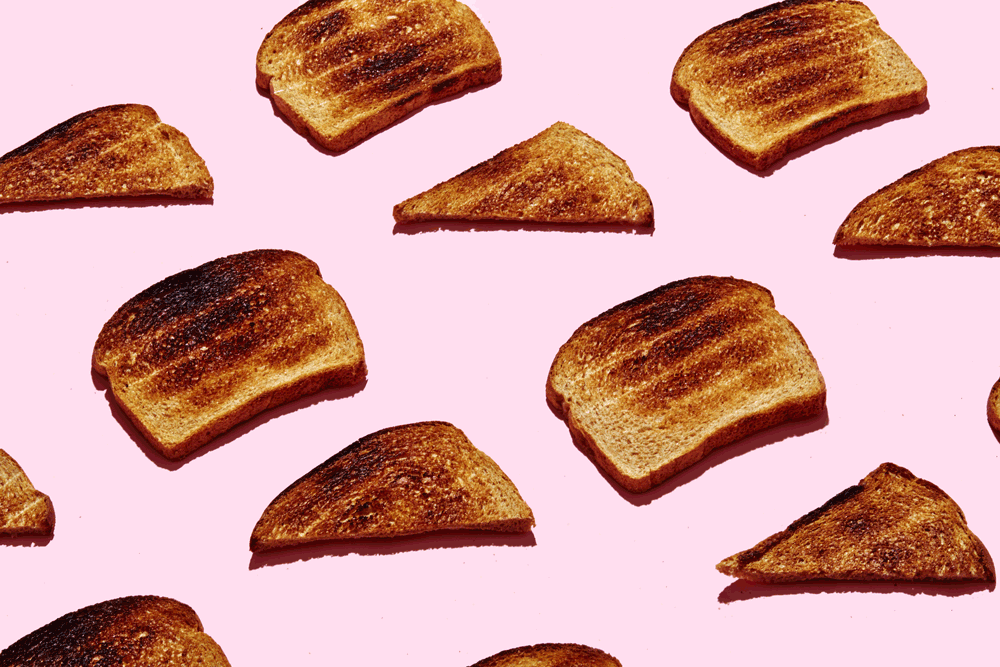
The European Food Safety Authority (EFSA) announced on Thursday that it has concluded that acrylamide in food—a chemical that can develop during high temperature cooking—potentially raises the risk of cancer.
The agency first released its opinion in July 2014, and allowed the public to respond. It has now published it’s official scientific opinion on the matter, saying acrylamide “potentially increases the risk of developing cancer for consumers in all age groups.”
Acrylamide is a chemical that forms in starchy foods—like fries and potato chips—when foods are cooked at high temperatures like during baking, frying or roasting. According to the agency, animal studies have shown that acrylamide can damage DNA and cause cancer, but studies about the effect in humans are inconclusive. The agency says it continues to believe the chemical might be harmful to the public.
The process of acrylamide creation typically happens when foods are browned. “Generally, since it is practically impossible to eliminate acrylamide entirely from the diet, most public advice for the consumer aims at more selective home cooking habits and more variety in the diet,” the agency writes.
EFSA also says that consumers can abide by the advice, “don’t burn it, lightly brown it,” as a gauge on how to cook foods with lower levels. Other cooking methods like boiling, steaming and sautéing can be used too.
In Europe, national decision makers will use the EFSA guidance to determine ways to reduce consumer exposure. In the U.S., the U.S. Food and Drug Administration (FDA) recommends Americans maintain a diet that’s higher in foods like fruits, vegetables, whole grains, and fat-free or low-fat milk and milk products, lean meats, poultry, fish, beans, eggs, and nuts.
More Must-Reads from TIME
- Introducing the 2024 TIME100 Next
- The Reinvention of J.D. Vance
- How to Survive Election Season Without Losing Your Mind
- Welcome to the Golden Age of Scams
- Did the Pandemic Break Our Brains?
- The Many Lives of Jack Antonoff
- 33 True Crime Documentaries That Shaped the Genre
- Why Gut Health Issues Are More Common in Women
Contact us at letters@time.com